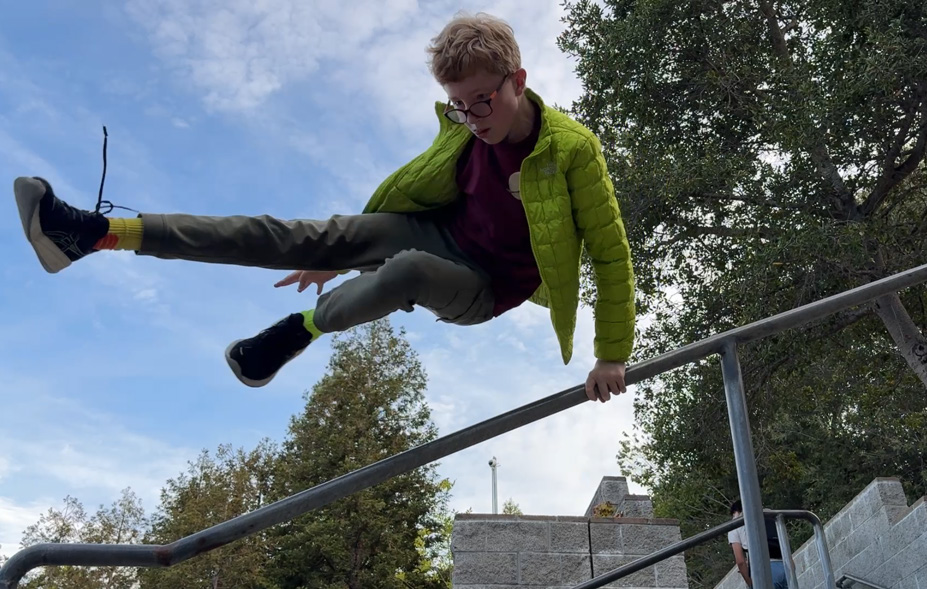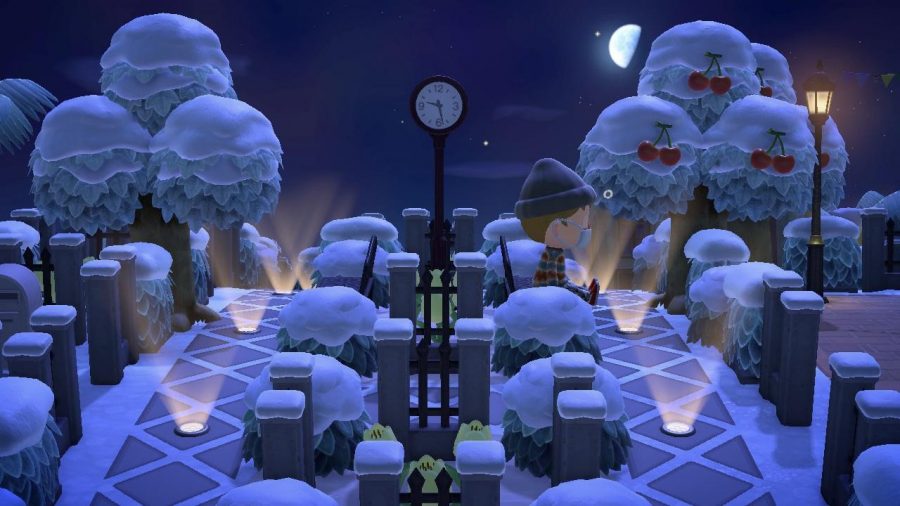In the middle of a global pandemic, lockdowns, and feeling trapped within the walls of your home, the gaming community has seen a large increase in its members. People are looking to get away from their normal stay at home lives and immerse themselves in a world different from their own. For many, this means rebooting the Xbox or PlayStation and playing the classic first-person shooter games that have been getting all the attention in years prior to the pandemic. But for a growing amount of people, the high-stake and fast-paced games just add to their daily stress and anxiety of navigating their new pandemic-stricken lives.
Enter Nintendo’s Animal Crossing: New Horizons. While many of Nintendo’s games have been recognized for being chill slow-paced games, Animal Crossing: New Horizons is the epitome of this legacy. The game starts with the player meeting a family of raccoons who you travel with to a deserted island where you can fish, catch bugs, and pick fruit to earn a living. On the spectrum of chill and relaxing games, it doesn’t get any better than that.

The Animal Crossing series began in 2001 when Nintendo released Animal Forest on the Nintendo 64 and GameCube. Animal Crossing: New Horizons was released in March 2020 on the Nintendo Switch. Through seven-plus iterations of the Animal Crossing games, even now the basics of the game really haven’t changed. When you arrive on your deserted island, you are greeted by Tom Nook, the person who brought you to the island and will help you build your island as long as you pay him (watch out, he is notoriously greedy). He will tell you that your job is to live out a fulfilling island life; decorating, participating in seasonal events, and gathering “Nook Miles” and “bells” in which you can exchange for items and clothing. After that, the possibilities are endless. You can pay off your loans to Tom Nook, build a store and tailor shop, invite more villagers to your island, gather tools, or design an epic city layout where you can invite your friends and enjoy all your hard work. That’s why so many players have fallen in love with Animal Crossing: New Horizons; you can do everything you want, or do nothing and just enjoy all the clever details and dialogue Nintendo has left you.
One of the main standouts from Animal Crossing: New Horizons is its in-game clock. The day in Animal Crossing progresses at the same rate as in real life, meaning when it’s 3 p.m. in-game it’s also 3 p.m. in real life. Some may say this feature is annoying as the player waits days before completing a project, but I think it allows the player to invest themselves further. If you don’t finish decorating your outdoor theater, there’s no rush, you can do it tomorrow. In Animal Crossing you can live out your slow and modest life, watch things unfold as days and months go by. It allows players to feel a sense of steady accomplishment even though they are stuck inside their homes.

After a while, you might feel sad and lonely on your fully decorated island which you have poured your heart and soul into. You need friends other than Tom Nook, who, to your surprise, keeps asking you for more money well after you’ve paid him off the first time. Villagers, which are in-game non-player characters, are another aspect of Animal Crossing: New Horizons that add to its charm. By inviting villagers to your island, you can build them a home, send them letters, buy them gifts, or just enjoy Nintendo’s inventiveness when it comes to making animals walk around on two feet. Despite the villagers being fake and all of their dialogue being programmed, Nintendo has really gone above and beyond with their dialogue and design. You’ll find yourself laughing at their cheesy (and sometimes not so innocent) jokes, and feeling sorry when a villager is sick and can’t walk around the island with you. You might even find yourself buying countless plane tickets in an attempt to find the island that your favorite villager lives on. This is what really differentiates Animal Crossing: New Horizons and the Animal Crossing series from other sandbox and building games like Minecraft and Terraria; it’s ability to make characters who the player can truly engage with.

Perhaps Animal Crossing’s biggest drawback, or maybe its advantage, is its childlike and innocent aesthetic. For many, their first impression of Animal Crossing: New Horizons is that it’s a game for little kids, making it seem undesirable for teens and adults. But in reality, what makes Animal Crossing: New Horizons special is it is a game for everyone. For those who get past the fact that Animal Crossing: New Horizons has no guns or bloodshed, the ultimate quarantine pastime awaits. Even when the pandemic is over and there are bigger and better things to do, your charming and modest island will still be waiting for you, sitting in the small but unlimited game card of Animal Crossing: New Horizons.




























